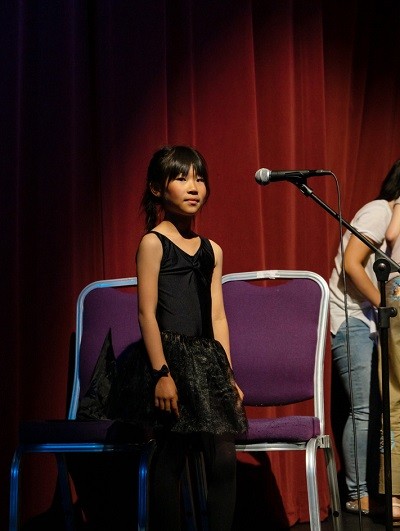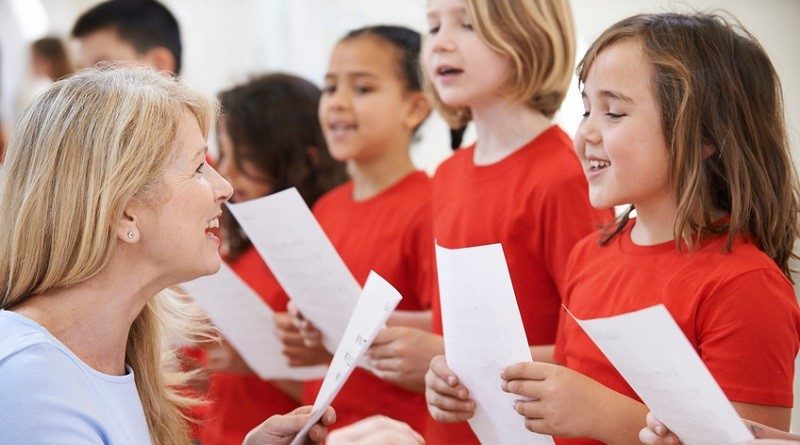We speak your language
Most of us at some point in our lives have tried to learn a language. Our first experience was normally in high school and usually painful – repeating and reading and repeating and more reading and filling in the blanks in a dog eared textbook…écoute, répété etc. For many, it was a pointless and very boring exercise, especially if you weren’t one who went on holidays abroad and could practise. It’s also, along with playing an instrument, something we adults often lament never following through.
I lived in Madeira when my children were young. I was married to a Madeiran and l too learnt the language, not just because few of my in-laws spoke English, but because the quality of life improves massively when you aren’t sitting in a bubble of jabbering and laughing you can’t understand.
I worked as a TEFL (Teaching English as a Foreign Language) teacher in a language school, which catered to everyone from nursery age children up to retired adults. Many people laughed when I told them that I worked with 2 and 3 year olds. “That’s a bit young isn’t it”? Nope, it’s the best time, they are open to it, and they associate words with the people speaking them rather than with them being in a ‘different language’.
The reality of this dawned on me when I pulled up at my mother in law’s and my eldest son, then 3, told me “Josh is asleep” in English and as his grandma opened the door to take out his brother, he turned to her and repeated it, without a second thought in Portuguese, “O Josh esta a dormir”.
I spoke English to my children and they usually spoke Portuguese back as they knew I could understand them. They knew they could get what they wanted or needed.
 That’s what language is, communication. A need to be understood. After the age of 11 children think more abstractly, begin to question what they are learning and consequently don’t allow it to envelop them as language should, they have no need to speak it.
That’s what language is, communication. A need to be understood. After the age of 11 children think more abstractly, begin to question what they are learning and consequently don’t allow it to envelop them as language should, they have no need to speak it.
I had a thoroughly bizarre experience on a holiday to France around 8 years ago when suddenly (and inappropriately) my brain recalled all my forgotten Portuguese as soon as it heard a French accent and went into “you need to speak something other than English to be understood” fight mode. The French don’t really do Portuguese, cue a week of very confused conversations.
As refugee children arriving from the Ukraine now (some of them with no English at all and others with an excellent command of the language), I wonder how they must feel, thrown into a strange world. Many of those from overseas speak English to a degree of brilliance in comparison to our attempts; to quote the late, great comedian Tony Hancock “I knew she wasn’t English, she spoke it too well”. However, what happens when you are flung into a different culture and perhaps into a region with a strong accent?
Why am I wittering on about all this you may ask? Aren’t I a performing arts teacher? Well that’s exactly why. One of the things I learnt when teaching the children overseas was that drama, singing and game playing are integral to language learning and acquisition. Not just foreign language learning but general everyday speech and conversational confidence. One 11 year old Northwich Noodler is intent on becoming fluent in Korean due to various K-Pop bands; I’m not sure who she’s planning to talk to but she’s determined to learn and she’s doing it through song.
We learn to sing before we speak – often the first sentences we learn are lyrics to nursery rhymes and our ability to retain language through music develops and continues. Singing as a group enhances our feeling of confidence and belonging.
Drama games that start as mimes build our sense of bravery and soon we are finding our voices and adding language – the Language School summer camp was drama based, ending in a play performed in English. Drama encourages us to read, scripts give us structure, a safety net, a purpose. When a cast member fell ill before a Noodle show, it was the Japanese girl who came to us with no English who volunteered to read in for her friend.
I’m not suggesting that kids would leave a drama class fluent in their chosen language, but it can go a long way towards helping them start. The listening, the repeating – it’s all there, but it’s living and moving and it’s fun!






